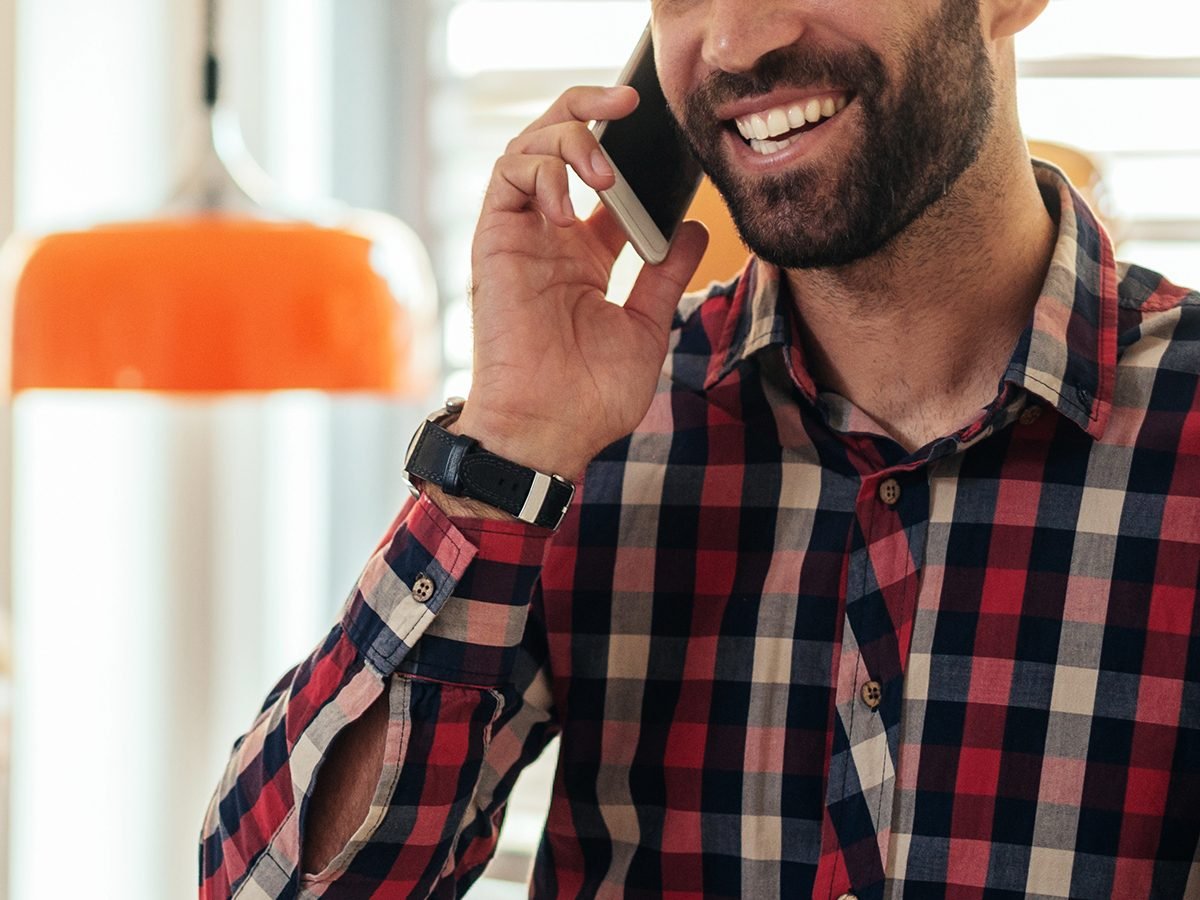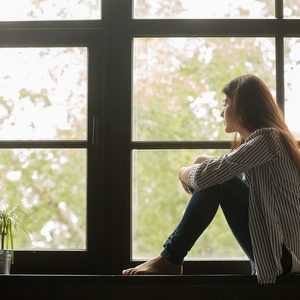What I Learned From Cold-Calling Long-Lost Friends
Stuck at home because of COVID-19, I started calling people I hadn’t spoken to in years.

Not long after the COVID-19 pandemic shut down businesses across Canada and threw our daily lives off-kilter, I received an unexpected email. I was delighted—not to mention surprised—to find it was from an Italian friend I had met more than 30 years ago, when I was a student backpacking around Europe. Knowing that Italy was in a similar state of lockdown at the time, it was comforting to hear from him. Stuck at home in such a stressful situation, his message—essentially a simple “hello”—made my day, and made me feel connected; part of a bigger global community.
It shouldn’t take a crisis for us to reach out to people we don’t see enough. But maybe that very crisis was the perfect opportunity to spread some kindness around. Since the lockdown had knocked me out of my routines and handed me—and everyone else who isn’t a frontline worker—a lot of free time, I figured I’d follow my Italian buddy’s example and turn the pandemic into an opportunity to be a better friend. I’d reach out to whoever came to mind, no matter how long it had been since we’d last spoken. I didn’t have any particular goal except to pleasantly surprise the people I care about during a time when every day felt like a dreary repeat of the day before.
The pandemic seems to have made everyone an expert on videoconferencing apps like Zoom. But I often feel frustrated by the lack of direct eye contact, the low resolution and the frequent technical glitches. So instead, I found myself using the telephone—a technology I had mostly abandoned over the last decade. I rediscovered how the phone can be a hassle-free way to reach out, putting the focus on voice and words, not overgrown hair or the distracting mess in the background. The lockdown also eliminated the nuisance of playing telephone tag—almost all the people I called were home and answered. If not, I left a short and friendly message, and people usually called back.
Hearing from a long-lost friend during the pandemic might be unexpected, but it doesn’t have to be awkward. “It’s a matter of being honest and coming from a place of love, just saying, ‘I randomly thought about you, how are you doing?’” says Melanie Tsesler, a Toronto-based psychotherapist.
Curiously, I found some “in real life” friendships were harder to convert into socially-distanced ones over the phone. A conversation with a casual friend who I’m always happy to see at parties quickly ran out of steam—it became clear that our interest in each other depended on that lost context. Other relationships were better able to handle a change of channel. I caught up with an old classmate from high school while she and her husband ran errands; she described what they were passing on the rural roads they were driving, while I talked about what I could see out of my window.
Tsesler says it’s important to respect boundaries, giving friends and acquaintances from our past the ability to decide if and how they want to interact with us. It’s about being a good friend with good vibes, not about criticizing or rescuing people. “A lot of times we want to problem-solve for other people; [to] give them advice,” says Tsesler, “but they might not need that.” Often enough, I found the content of my calls mattered less than just giving people my time and attention. A friend who had lost her job in the hotel industry enjoyed talking about our past adventures, like a road trip to a wedding, partly as a distraction from the stress and uncertainty of what she was now facing.
I was able to rekindle several friendships that had fizzled out and, at the very least, remind a few old friends that I still exist. My Italian buddy and I have exchanged more messages in the last few months, and his city is now at the top of my list of places to visit when travel restrictions are lifted.
In a crisis, we obviously need to be there for the people who need us most. But reaching out to people who might need us just a little bit can help take the edge off a difficult time—for both the caller and receiver.
Here’s what travel could look like after the COVID-19 lockdown.






